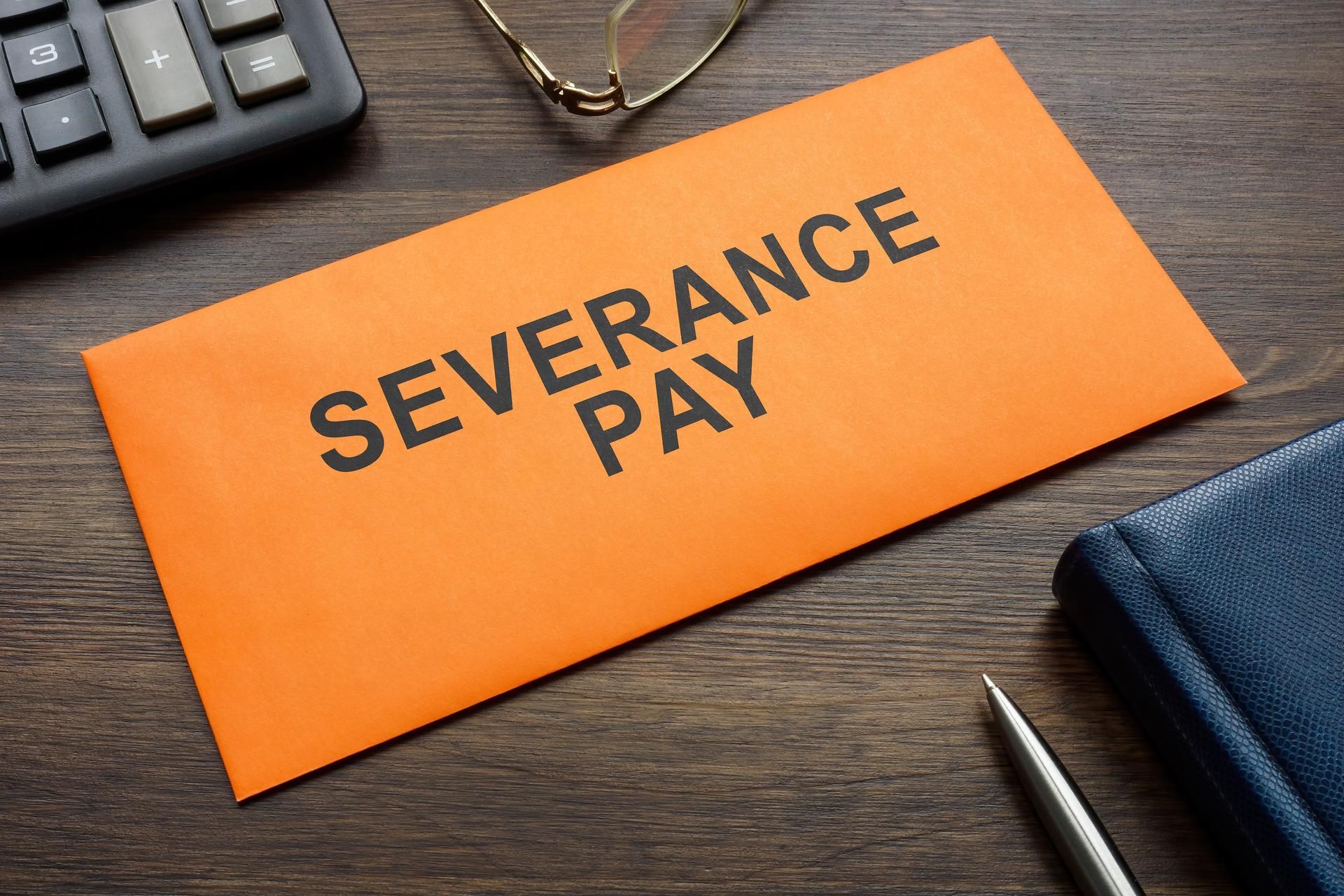Examples of Age Discrimination in the Workplace

People are working for longer into their lifespans. Health care has improved, and people well beyond 50 or even 60 years old feel vibrant and willing to stay in the workforce. Unfortunately, some companies favor youth over experience, and it can affect your career. Age discrimination can be subtle. Watch for some of the following examples.
Unbalanced Hiring
With the possible exception of professional sports, no company or industry should be filled with only youthful employees. Even the tech industry should feature employees in a range of ages because computers have been around for decades and people of all ages use them. Therefore, a company that features people mostly under the age of 40 may be practicing unbalanced hiring practices.
Employers may not realize they're using age-discriminatory hiring practices. After all, except for in very limited circumstances (such as working with alcohol), hiring managers aren't supposed to ask for candidates' ages. However, resumes usually include dates for education. Hiring managers may unwittingly be using those dates to guess an age range and only hiring from newer graduates.
Reduced Workload or Learning Opportunities
Offices require a wide variety of tasks to keep them running. Some of the tasks or assignments are very challenging, but they offer the opportunity to shine. However, if a company starts overlooking older employees for such assignments, those employees don't have as many opportunities to show they're ready for advancement in their careers.
A similar principle applies to learning opportunities. Many industries hold yearly conferences with educational seminars. Some companies offer paid reimbursement for education. However, sometimes these opportunities are limited only to younger employees just starting out in their careers. The lack of continuing education can be a detriment to an older employee's career.
Menial or Non-Customer Facing Assignments
On the opposite side of the spectrum, companies usually feature a large range of menial tasks. Normally, such tasks, such as making photocopies, fall to new employees who are still learning the industry. However, managers sometimes assign such tasks to employees they view as "slower" or "mistake-prone" due to age. That situation is another example of ageism in the workplace.
Some businesses have a customer-facing aspect. Sometimes managers will try to create a youthful appearance at the front of the business by relegating older employees to other assignments. An example of this situation occurred at a nationwide restaurant chain. The company had to pay damages for systematically denying older employees front-of-the-house positions.
Ageist Stereotypes
Similarly, companies sometimes make the work environment hostile for older employees. Supervisors may even come out and ask older employees when they plan to retire. They often couch such comments as jokes, but the mere mention of retirement means it’s on the supervisors' minds. Some companies even openly ask their hiring managers to only hire young candidates.
Companies can also be more subtle about their ageist stereotypes. For instance, they might advertise that certain tasks require energy and stamina, qualities that seem more prevalent in younger employees. They might promote that they use cutting-edge technology, which may be harder for older employees to grasp. Perhaps they assume older employees are set in their ways.
Coded Wording for Job Opportunities
Along those same lines, companies might openly target a younger market when they post positions. Said positions can be for in-house advancement opportunities or new-hire jobs. One example of such coded wording is the term "digital native." A digital native is someone who grew up in the digital age, which is a younger set of workers.
If you look at current job advertisements, you might see a lot of ways the company promotes a desire for a candidate who's fresh out of college. They may state they want a "recent grad." Or they may place a low experience range. For example, if they publish they want experience ranging from one to three years, the ad is subtly discouraging older candidates with more experience.
Age discrimination in the workplace is notoriously hard to prove. However, don't suffer in silence. If you believe age discrimination is at play in your workplace, contact Allen D. Arnold Attorney at Law .
Alabama Rules of Professional Conduct Notice: No Representation is made that the quality of legal services offered is greater than that of other lawyers. The information contained on this website is not a substitute for legal advice, and reading it does not create an attorney-client relationship.
Alabama Rules of Professional Conduct Notice: No Representation is made that the quality of legal services offered is greater than that of other lawyers. The information contained on this website is not a substitute for legal advice, and reading it does not create an attorney-client relationship.









